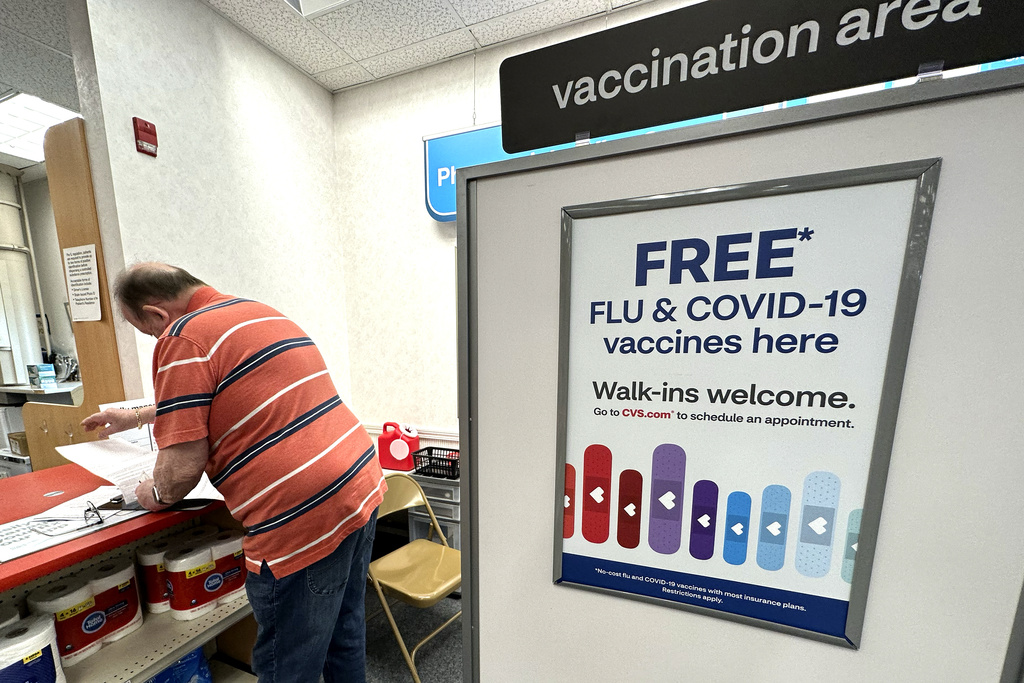This week marks the two year anniversary of Hurricane Sandy and the billions of dollars in damages it caused on the east coast of the United States. Just a month earlier, Hurricane Isaac ravaged the south coast.
The American Red Cross spearheaded relief efforts on both and received hundreds of millions in donations. But a report published Wednesday reveals the Red Cross may not have helped as much as its donors might have hoped.
The lengthy investigative report, done jointly by ProPublica and NPR, tells the story of a bungled response to both disasters where public relations trumped actual assistance and poor organization led to serious mistakes.
An internal "Lessons Learned" powerpoint references multiple occasions where emergency vehicles were diverted for PR purposes such as back drops at press conferences or increased visibility around the Republican National Convention held in Tampa that year.
ProPublica quotes one Red Cross truck driver from the Isaac response as saying dozens of trucks were driven around nearly empty "just to be seen."
Mistakes such as insufficiently separating sex offenders and children displaced by the storm or people being forced to sleep in their wheelchairs for days were also highlighted in the report. That draws a sharp contrast to what Red Cross Chief Executive Gail McGovern told NBC shortly after Sandy hit.
LISA MYERS VIA NBC: "So what grade would you give the Red Cross so far?"
GAIL MCGOVERN: "I think that we are near flawless so far in this operation."
The Red Cross sharply denied any wrongdoing in a statement released in response to the ProPublica report, saying while it's impossible to meet every need after a disaster strikes, they still overwhelmingly received positive feedback from those who they served.
The report is not the Red Cross' first time under the microscope.
The organization took widespread criticism after it was found that it had over $100 million in donations still unspent months after the disaster occurred.
The charity was also hit by scrutiny for its efforts after the Sep. 11 attacks and Hurricane Katrina. Both times, its CEO was forced out amid controversy on how they handled the disasters.
In trying to explain the root of the Red Cross' problems, journalist Keith Epstein says its size, near-monopoly on disaster relief and an outdated structure may contribute.
This video includes images from Getty Images.










